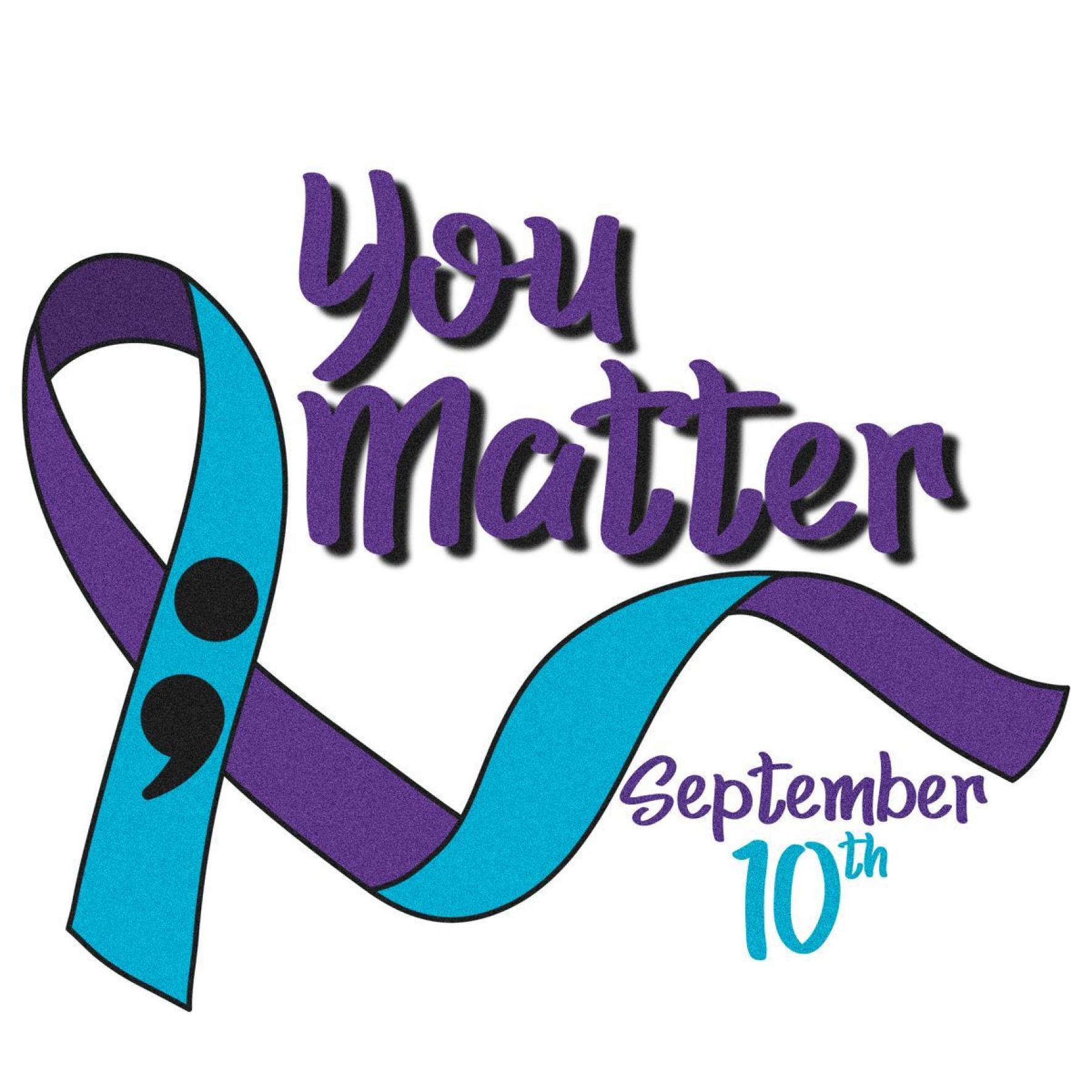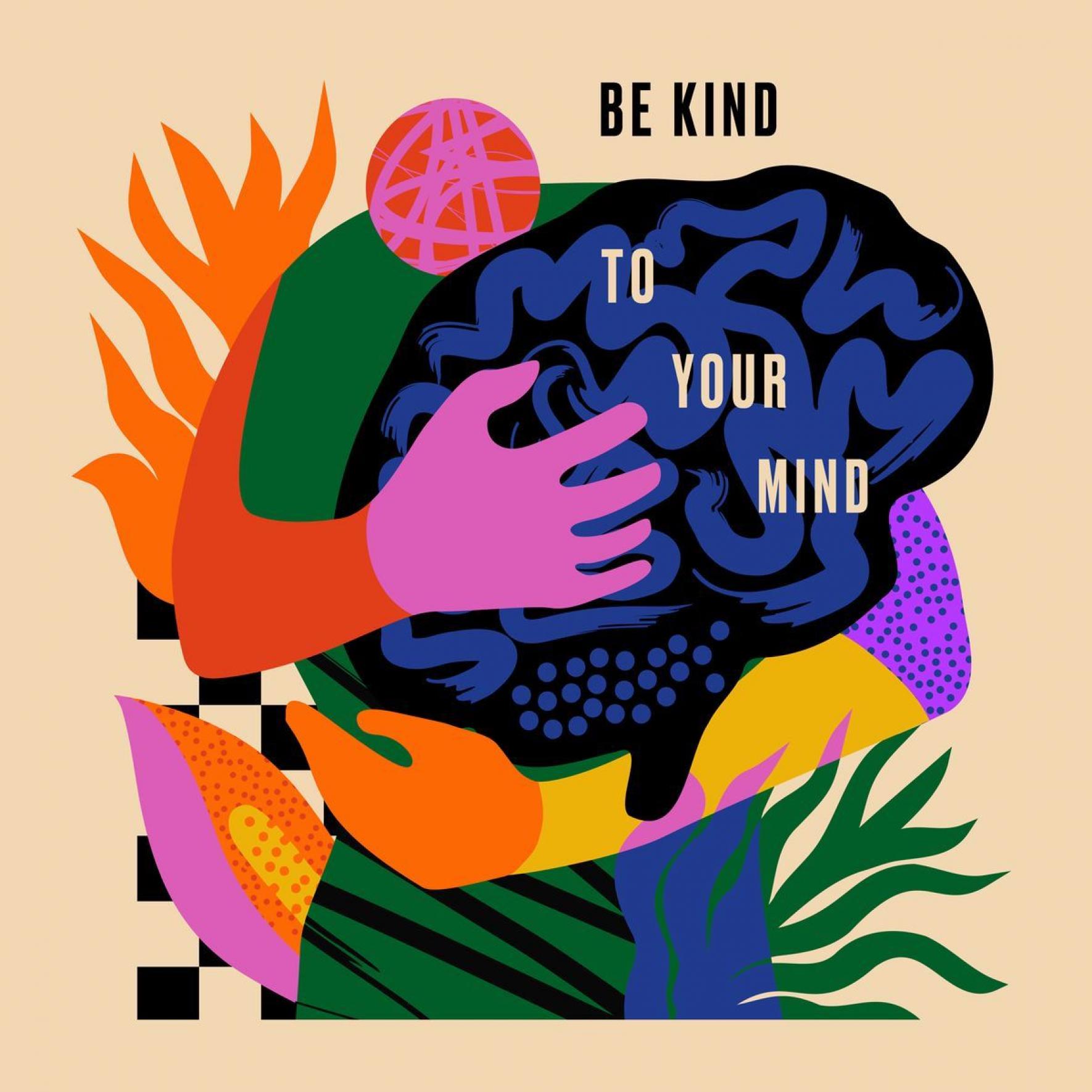Suicide prevention international day
"Always remember, your story isn’t over yet. There are people who care deeply about you and want to help. Please reach out and let them support you through this difficult time."
KTI
According to
world health organization (WHO), more than 700,000 people die by suicide each
year. Every loss is a profound tragedy, impacting families, communities, and
nations, with long-lasting effects on those left behind. Suicide can occur at
any stage of life and affects both genders, but young adults aged 19-25 are
particularly vulnerable. In this age group, suicide is the third leading cause
of death.10th of September each year is designated as World Suicide
Prevention Day. Luckily according to a
research that was conducted in 2023, the estimated suicide rate in Iraq is
1.7/100000 population (mostly among youth), which is still lower than in
western countries. However, underreporting is the reason actual numbers are not
known and many who attempt suicide do not report it and so hide their intent to
die.
Who is at risk?
Suicide is closely associated with
mental disorders, particularly depression and alcohol use, as well as previous
attempts. It often occurs impulsively during crises, such as financial or
relationship issues. Additionally, exposure to conflict, violence, and
isolation, along with discrimination faced by vulnerable groups (e.g.,
refugees, migrants, and prisoners), significantly increases suicide risk.
Warning signs:
1.
Intense
Pain and Thoughts of Death.
2.
Feelings
of Hopelessness or Worthlessness.
3.
Guilt,
Shame, or anger.
4.
Feeling
like a burden.
5.
Changes
in Behavior:
· Recent suicide attempt.
· Increased Substance Use.
· Neglecting personal care.
· Withdrawal from social life.
· Saying goodbye.
· Recent emotional distress.
· Changes in Eating/Sleeping.
· Violence or Victimization.
· Expressing Rage.
· Recklessness.
Protective factors:
1. Contact with
health care professional.
2. Effective
mental health care; easy access to variety of clinical interventions.
3. Feelings of strong connections to individuals,
family, community and social institutions.
4. Strong sense of cultural identity.
5. Problem-solving and conflict resolution skills.
What can you do to help?
· Ensure Safety: Remove any means of self-harm.
· Get Help: Contact mental health professionals or emergency services.
· Call 122: If in immediate danger, call emergency services.
· Be supportive: listen without judgment and offer comfort.
· Suggest Therapy: Encourage them to seek professional counseling.
· Check In: Follow up regularly to show you care.
· Educate Yourself: Learn about mental health resources.
· Respect Their Space: Give them space but remain available.
· Avoid Blame: Don’t blame or guilt them.
· Engage
Support:
Involve trusted family and friends if needed.
"Always remember, your story isn’t over yet. There are people who care deeply about you and want to help. Please reach out and let them support you through this difficult time."
prepared by
m. sahan frya
nursing department



